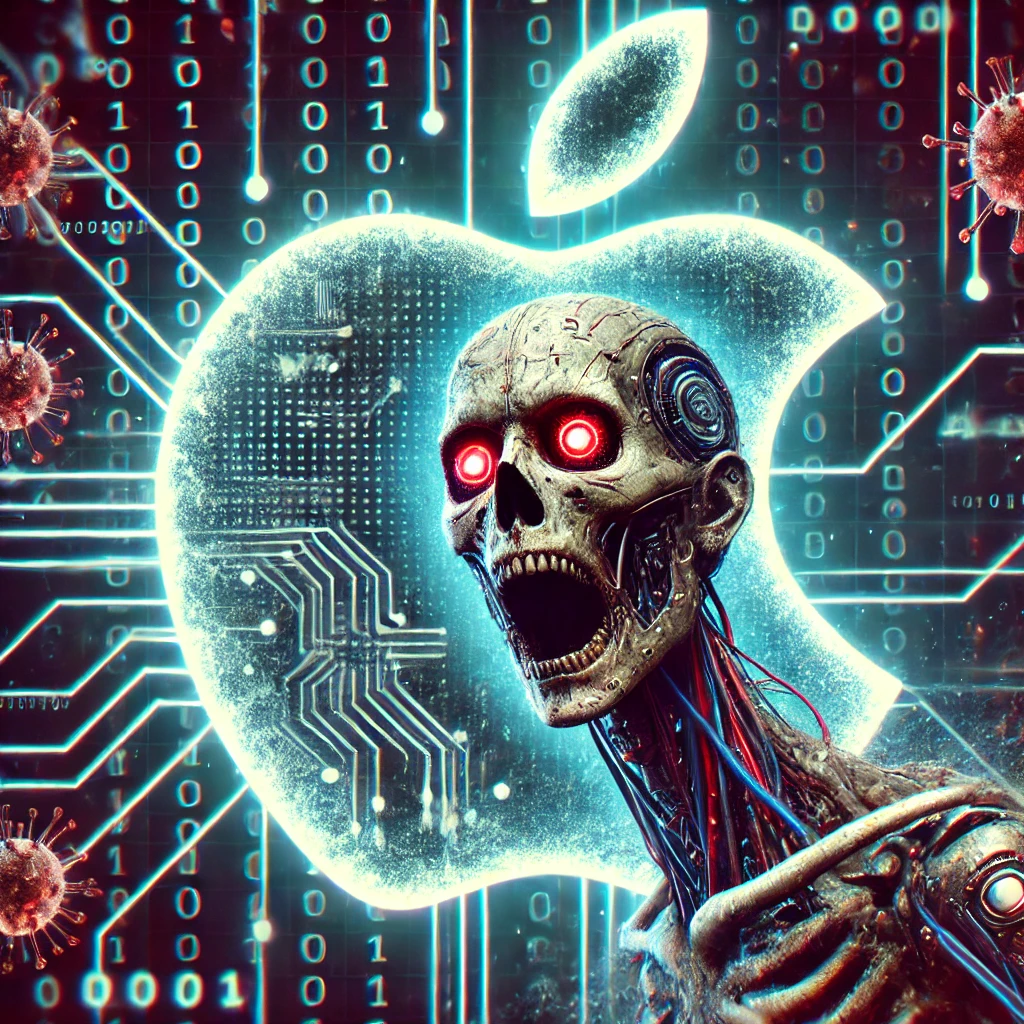Apple Inc., once the unparalleled leader in the tech world, has seen its influence wane over recent years. Despite its ongoing success, several factors contribute to the perception that Apple is not as important as it used to be.
The Shift in Innovation
Lack of Groundbreaking Products
Apple’s reputation was built on groundbreaking products like the iPhone, iPad, and MacBook. However, the company has struggled to introduce similarly revolutionary devices in recent years. The Apple Watch and AirPods, while popular, haven’t had the same industry-shaking impact as previous products. This perceived stagnation in innovation has led to a decrease in Apple’s standing as a tech innovator.
Competition Catching Up
Competitors such as Samsung, Google, and Huawei have significantly closed the gap, offering high-quality products that often rival or exceed Apple’s offerings. For instance, Samsung’s Galaxy series and Google’s Pixel phones have become formidable alternatives to the iPhone, eroding Apple’s market dominance.
Market Saturation
Mature Smartphone Market
The smartphone market, where Apple once held a commanding lead, has matured. Most potential customers already own a smartphone, and the incremental improvements in new models are not enough to compel many users to upgrade annually. This saturation has led to slower growth rates and reduced market share for Apple.
Global Market Dynamics
Apple’s premium pricing strategy limits its appeal in emerging markets, where cost-effective alternatives dominate. In regions like Asia and Africa, more affordable brands are capturing market share, making it difficult for Apple to expand its influence.
Ecosystem and Services
Reliance on Services
To counteract slowing hardware sales, Apple has shifted its focus to services like Apple Music, iCloud, and the App Store. While these services are profitable, they don’t command the same attention or cultural impact as hardware innovations. This shift indicates a strategic pivot rather than a continuation of hardware dominance.
Fragmentation of the Ecosystem
Apple’s ecosystem, once a strong selling point, faces fragmentation as users increasingly adopt cross-platform solutions. Services like Spotify, Google Drive, and Microsoft Office are platform-agnostic, reducing the need for consumers to stay within Apple’s ecosystem. This shift undermines one of Apple’s key competitive advantages.
Leadership and Vision
Steve Jobs’ Legacy
The loss of Steve Jobs, Apple’s visionary co-founder, marked a turning point for the company. While Tim Cook has maintained operational excellence, critics argue that Apple has lacked the same visionary leadership that propelled it to unprecedented heights. The company’s current focus on incremental improvements and services is seen by some as a departure from Jobs’ innovative spirit.
Strategic Focus
Under Tim Cook, Apple has pursued a more conservative strategy, focusing on optimizing existing products rather than taking bold risks. This pragmatic approach, while financially successful, has not captured the public’s imagination in the way that previous Apple innovations did.
Conclusion
While Apple remains a powerhouse in the tech industry, its influence is not as commanding as it once was. The combination of slowed innovation, increased competition, market saturation, and strategic shifts have contributed to a perception that Apple is no longer the unchallenged leader it once was. However, with its strong brand and financial resources, Apple still has the potential to surprise and regain its former preeminence.
